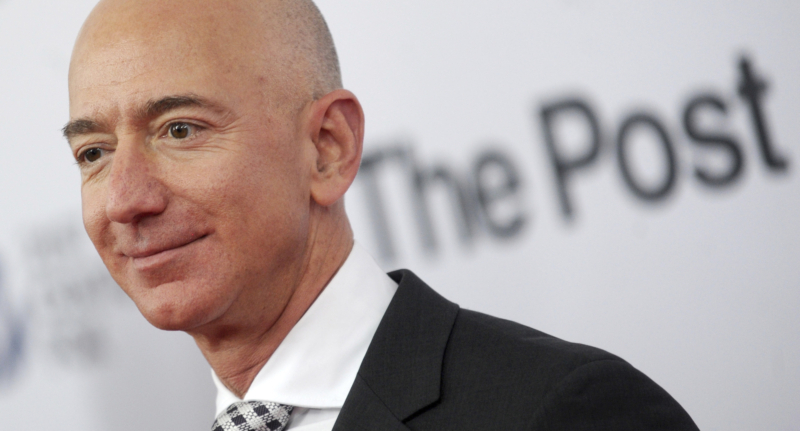On Friday, the Washington Post’s publisher, Will Lewis, announced that the paper would no longer make endorsements for president—after its journalists had already drafted an endorsement of Vice President Kamala Harris. The decision was made by Jeff Bezos, the paper’s owner.
Over a period of several weeks, a Post staffer told me, two Post board members, Charles Lane and Stephen W. Stromberg, had worked on drafts of a Harris endorsement. (Neither was contacted for this article.) “Normally we’d have had a meeting, review a draft, make suggestions, do editing,” the staffer told me. Editorial writers started to feel angsty a few weeks ago, per the staffer; the process stalled. Around a week ago, editorial page editor David Shipley told the editorial board that the endorsement was on track, adding that “this is obviously something our owner has an interest in.”
“We thought we were dickering over language—not over whether there would be an endorsement,” the Post staffer said. So journalists at the Post, in both the news and opinion departments, were stunned Friday after Shipley told the editorial board at a meeting that it would not take a position after all. This represents the first time the Post has sat out a presidential endorsement since 1988.



You’re right. Tge AfD won the most seats in Thuringia. History rhymes. I guess one important factor is cognitive dissonance. I understand that people are unhappy with current politics for multiple reasons and I think some want to believe the propaganda in tge hopes that things will get better but knowing deep in themselves that these demagogues don’t promote any policies that will actually help them. At least I hope so.
That’s probably fair. There was a great article around the sociology of Brexit, with the main takeaway being that with the right rising in Europe, a Trump presidency wasn’t as unlikely as some made it out to be the first time. What they determined was that when things are shit with no hope of things improving, people will happily take what they perceive as short-term pain for long-term gain.
For many, they’ll happily tank their economy and destroy their healthcare systems if it means fewer brown people - and that’s a really depressing thing we’re seeing practically everywhere.